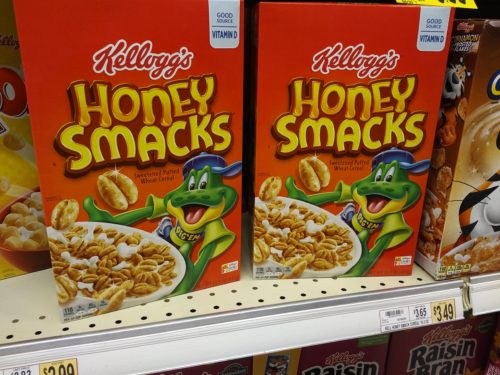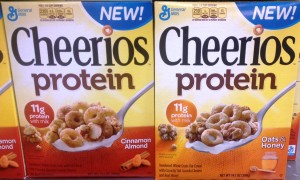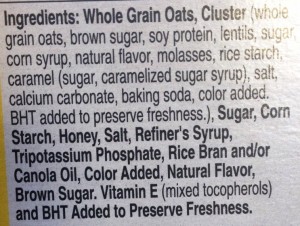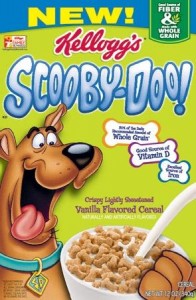British Nutrition Foundation vs. concept of Ultra-Processed Food
I’m always surprised when the nutrition community opposes evidence for the association of ultra-processed foods with poor health outcomes.
I read an article about such opposition from the British Nutrition Foundation.
Bridget Benelam, a BNF spokesperson, explained: For many of us when we get home after a busy day, foods like baked beans, wholemeal toast, fish fingers or ready-made pasta sauces are an affordable way to get a balanced meal on the table quickly. These may be classed as ultra-processed but can still be part of a healthy diet.
I looked up the position statement of the British Nutrition Foundation.
At present, the British Nutrition Foundation believes that due to the lack of agreed definition, the need for better understanding of mechanisms involved and concern about its usefulness as a tool to identify healthier products, the concept of UPF does not warrant inclusion within policy (e.g. national dietary guidelines).
I also looked up its “Why trust us?” statement.
Our funding comes from: membership subscriptions; donations and project grants from food producers and manufacturers, retailers and food service companies; contracts with government departments; conferences, publications and training; overseas projects; funding from grant providing bodies, trusts and other charities. Our corporate members and committee membership are listed on our website and in our annual reports.
With some diligent searching, I did indeed manage to find the list of corporate members.
Front group anyone? Take a look.
Current membersAHDB (Agricultural and Horticulture Development Board) www.ahdb.org.uk
Aldi Stores Ltd https://www.aldi.co.uk/corporate-responsibility
Associated British Foods www.abf.co.uk
Arla www.arlafoods.co.uk
ASDA Stores Ltd www.asda.com
British Sugar plc www.britishsugar.co.uk
Cargill Inc www.cargill.com/
Coca Cola www.coca-cola.co.uk
Costa Coffee www.costa.co.uk
Danone Ltd www.danone.com/en
Ferrero www.ferrero.co.uk
General Mills www.generalmills.co.uk
Greggs plc www.greggs.co.uk
Innocent Drinks Ltd http://www.innocentdrinks.co.uk/
International Flavors & Fragrances Inc. www.iff.com
J Sainsbury Plc www.sainsburys.co.uk
Kellogg Europe Trading Ltd www.kelloggs.co.uk
Kerry Taste & Nutrition www.kerrygroup.com
KP Snacks Limited www.kpsnacks.com
Lidl GB www.lidl.co.uk
LoSalt www.losalt.com/uk
Marks and Spencer plc www.marksandspencer.com
Mars UK Ltd www.mars.com
McDonald’s Restaurants Ltd www.mcdonalds.co.uk
Mitchells & Butlers www.mbplc.com
Mondelez International www.mondelezinternational.com
National Farmers’ Union Trust Company Ltd www.nfuonline.com/home
Nestlé UK Ltd www.nestle.co.uk
Nestlé Nutrition www.smahcp.co.uk
Nomad Foods Europe www.iglo.com
PepsiCo UK Ltd www.pepsico.co.uk
Pladis www.pladisglobal.com
Premier Foods www.premierfoods.co.uk
Quorn www.quorn.com
Slimming World www.slimmingworld.co.uk
Sodexo https://uk.sodexo.com
Starbucks www.starbucks.co.uk
Subway UK & Ireland https://www.subway.com/en-GB
Tata Global Beverages Ltd www.tataglobalbeverages.com
Tate & Lyle www.tate&lyle.com
Tesco Plc www.tesco.com
The Co-operative Group Ltd www.co-operative.coop
Uber Eats www.ubereats.com/gb
UK Flour Millers www.ukflourmillers.org
Waitrose & Partners www.waitrose.com
Weetabix www.weetabix.co.uk
Whitbread www.whitbread.co.uk
Wm Morrisons Supermarkets plc www.morrisons.co.uk
Yakult www.yakult.co.uk
Sustaining Members
Agriculture and Horticulture Development Board www.ahdb.org.uk
ASDA Stores Ltd www.asda.com
Associated British Foods www.abf.co.uk
Coca-Cola Great Britain and Ireland www.coke.com
Danone UK Ltd www.danone.co.uk www.h4hinitiative.com
International Flavors & Fragrances Inc. www.iff.com
J Sainsbury plc www.sainsburys.co.uk
Kellogg Europe www.kelloggs.co.uk
Marks and Spencer plc www.marksandspencer.com
Mondelez International www.mondelezinternational.com
Nestlé UK Ltd www.nestle.com
PepsiCo UK Ltd www.pepsico.com www.walkers.co.uk www.quakeroats.co.uk www.tropicana.co.uk
Tate & Lyle www.tateandlyle.co.uk
Tesco www.tesco.com
Sustaining members agree to provide a donation to the British Nutrition Foundation for at least three years to support our wider charitable work focussing on consumer education, and engagement with the media, government, schools and health professionals.
Help us improve


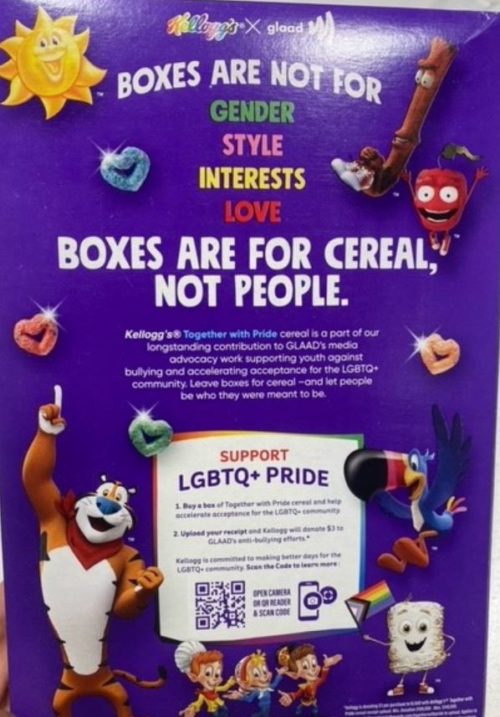
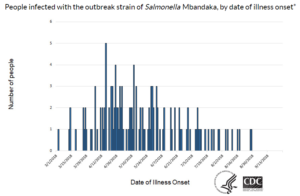
 The Food Safety and Modernization Act set rules governing the safe production of foods. Clearly, some companies, this one apparently, did not bother to follow them.
The Food Safety and Modernization Act set rules governing the safe production of foods. Clearly, some companies, this one apparently, did not bother to follow them.